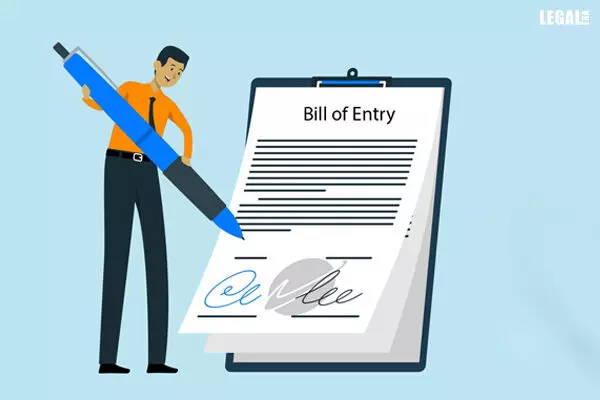- Home
- News
- Articles+
- Aerospace
- Artificial Intelligence
- Agriculture
- Alternate Dispute Resolution
- Arbitration & Mediation
- Banking and Finance
- Bankruptcy
- Book Review
- Bribery & Corruption
- Commercial Litigation
- Competition Law
- Conference Reports
- Consumer Products
- Contract
- Corporate Governance
- Corporate Law
- Covid-19
- Cryptocurrency
- Cybersecurity
- Data Protection
- Defence
- Digital Economy
- E-commerce
- Employment Law
- Energy and Natural Resources
- Entertainment and Sports Law
- Environmental Law
- Environmental, Social, and Governance
- Foreign Direct Investment
- Food and Beverage
- Gaming
- Health Care
- IBC Diaries
- In Focus
- Inclusion & Diversity
- Insurance Law
- Intellectual Property
- International Law
- IP & Tech Era
- Know the Law
- Labour Laws
- Law & Policy and Regulation
- Litigation
- Litigation Funding
- Manufacturing
- Mergers & Acquisitions
- NFTs
- Privacy
- Private Equity
- Project Finance
- Real Estate
- Risk and Compliance
- Student Corner
- Take On Board
- Tax
- Technology Media and Telecom
- Tributes
- Viewpoint
- Zoom In
- Law Firms
- In-House
- Rankings
- E-Magazine
- Legal Era TV
- Events
- Middle East
- Africa
- News
- Articles
- Aerospace
- Artificial Intelligence
- Agriculture
- Alternate Dispute Resolution
- Arbitration & Mediation
- Banking and Finance
- Bankruptcy
- Book Review
- Bribery & Corruption
- Commercial Litigation
- Competition Law
- Conference Reports
- Consumer Products
- Contract
- Corporate Governance
- Corporate Law
- Covid-19
- Cryptocurrency
- Cybersecurity
- Data Protection
- Defence
- Digital Economy
- E-commerce
- Employment Law
- Energy and Natural Resources
- Entertainment and Sports Law
- Environmental Law
- Environmental, Social, and Governance
- Foreign Direct Investment
- Food and Beverage
- Gaming
- Health Care
- IBC Diaries
- In Focus
- Inclusion & Diversity
- Insurance Law
- Intellectual Property
- International Law
- IP & Tech Era
- Know the Law
- Labour Laws
- Law & Policy and Regulation
- Litigation
- Litigation Funding
- Manufacturing
- Mergers & Acquisitions
- NFTs
- Privacy
- Private Equity
- Project Finance
- Real Estate
- Risk and Compliance
- Student Corner
- Take On Board
- Tax
- Technology Media and Telecom
- Tributes
- Viewpoint
- Zoom In
- Law Firms
- In-House
- Rankings
- E-Magazine
- Legal Era TV
- Events
- Middle East
- Africa
Customs Tribunal Rules Mis-Declared Origin Does Not Affect Revenue

Customs Tribunal Rules Mis-Declared Origin Does Not Affect Revenue
A bench of the Customs, Excise and Service Tax Appellate Tribunal (CESTAT) in Ahmedabad, comprising Ramesh Nair (Judicial Member) and C.L. Mahar (Technical Member)] has ruled that a mistake in stating the origin of imported goods does not necessarily impact government revenue collection.
The tribunal observed that an incorrect declaration of origin appears to be a technical issue and may not have any bearing on the amount of customs duty owed. Consequently, if an importer mistakenly states the wrong origin country, they cannot be held liable and should not face penalties, provided they were not intentionally deceptive.
This case involved an importer challenging a decision by a lower authority that classified imported rubber processing oil (RPO) under Chapter 27079900 of the Customs Tariff Act and increased its assessed value. The Commissioner (Appeals) also claimed the importer had incorrectly declared the country of origin in the import documents.
The importer argued that they had no intention to mislead and relied on information provided by the supplier. They emphasised that there was no advantage to be gained by stating the wrong origin country. The import documents stated the origin of the country as the UAE whereas the shipment came from Iran.
The tribunal ruled in favour of the importer, stating that penalties cannot be imposed solely for an incorrect mention of the origin country.



